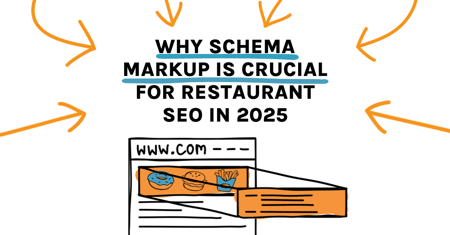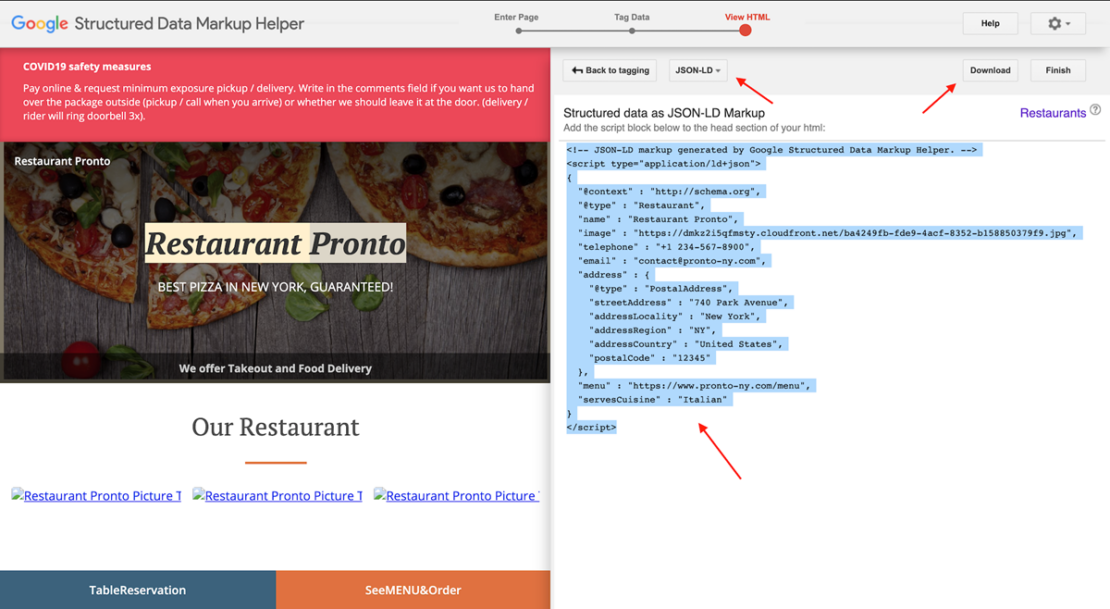Implementing Structured Data Markup (Schema) for Restaurant SEO
Structured data markup, often referred to as schema markup, is crucial for enhancing a restaurant's online visibility and improving local SEO. Here's a step-by-step guide on how to implement schema markup for restaurant SEO:
1. Understanding Restaurant Schema
- Purpose: Schema markup provides search engines with structured data about a restaurant's key details, such as location, menu, operating hours, and contact information.
- Benefits: It improves local SEO rankings, enhances online visibility, and helps restaurants stand out in search results.
2. Essential Components of Restaurant Schema Markup
| Aspect | Key Takeaway |
|---|---|
| Business Details | Include business name, address, phone number, and cuisine type. |
| Menu Information | Use Menu Schema to display popular dishes directly in search results. |
| Operating Hours | Specify when the restaurant is open to help customers plan visits. |
| Reviews | Encourage customer reviews to increase credibility and visibility. |
3. Implementation Methods
- JSON-LD Format: This is the recommended format for schema markup. It is easy to implement and update.
- Microdata Format: Another option, though less commonly used for restaurant schema.
4. Example of Restaurant Schema Markup in JSON-LD
{
"@context": "https://schema.org",
"@type": "Restaurant",
"name": "Your Restaurant Name",
"image": ["https://example.com/photos/1x1/photo.jpg"],
"priceRange": "$$$",
"servesCuisine": "Italian",
"telephone": "+12125557234",
"address": {
"@type": "PostalAddress",
"streetAddress": "148 W 51st St",
"addressLocality": "New York",
"addressRegion": "NY",
"postalCode": "10019",
"addressCountry": "US"
},
"hasMenu": {
"@type": "Menu",
"name": "Main Menu",
"url": "https://example.com/menu"
}
}
5. Tools for Creating and Validating Schema Markup
- Schema.org Tools: Use the schema.org website to understand the properties and types available for restaurant schema.
- Google Structured Data Testing Tool: Validate your schema markup code to ensure it is error-free and eligible for rich snippets.
- Google Rich Results Test: Check if your page supports rich results, which can enhance search engine visibility.
6. Best Practices for Restaurant Schema Markup
- Keep It Updated: Regularly update your schema to reflect changes in menus, hours, or other details.
- Avoid Inaccuracies: Ensure all information is accurate and consistent across your website.
- Monitor Performance: Track metrics like click-through rates and organic impressions to assess the impact of schema markup on your website traffic.





